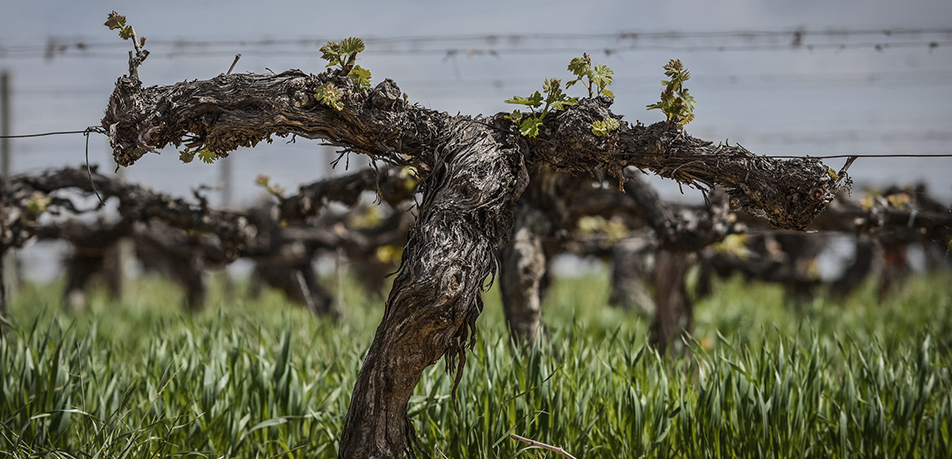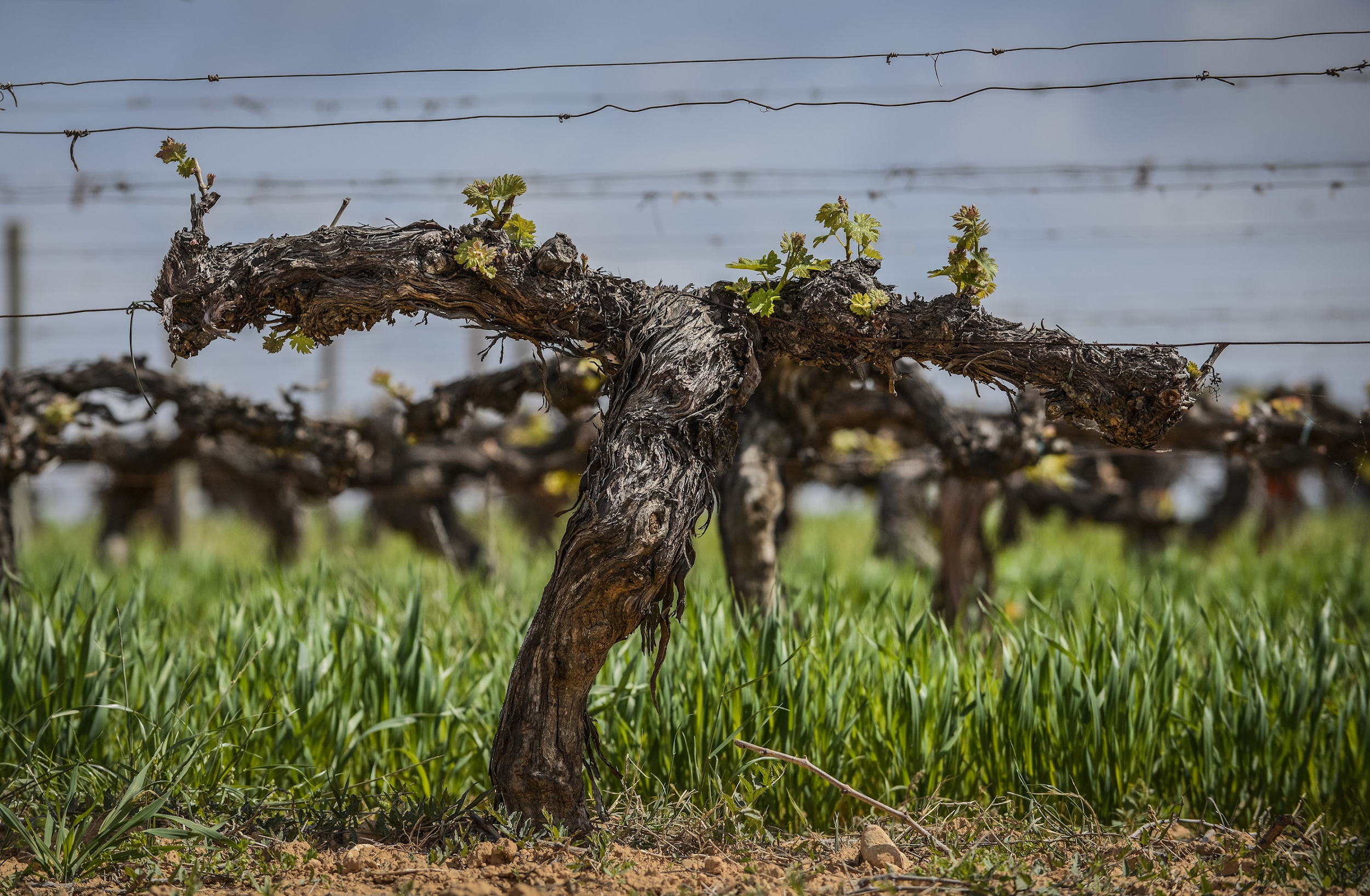Working the Land While Caring for Nature

Since the introduction of agriculture, the practice has consisted in modifying wild ecosystems to obtain food and other products for human consumption. In order for farming to be sustainable over time, it needs to ensure a balance between agricultural land use, the consumption of natural resources, and respecting nature and its biodiversity.
Agriculture depends on natural resources, and we need to ensure that these remain available to us. According to the report ‘Building a Common Vision for Sustainable Food and Agriculture’ by the Food and Agriculture Organization of the United Nations (FAO), the best strategy is based on conserving nature and protecting biodiversity.
For this reason, the priority of responsible farmers should be the guaranteed maintenance and improvement of wild ecosystems. They should recognize nature as their best ally rather than seeing it as a fierce competitor for resources.
Natural ecosystems provide agriculture with many services of which there are countless examples, starting with their crucial role in the prevention and mitigation of the negative effects of the climate crisis. This brings us to regenerative agriculture, an approach that strives to make a contribution in this area.
It is about developing farming practices based on a holistic vision, in collaboration with nature, where the boundaries between wild ecosystems and cropland are blurred in a way that benefits both.
It is about embracing the possibilities of symbiosis between cultivated land and wild habitats to stimulate the natural capacity of soils to regenerate, preserve nutrients and make them available to farmers, encourage climate adaptation, reduce water consumption, and forego the use of pesticides by working with biological systems instead.
In keeping with this holistic vision of nature and the vineyard, and staying true to its motto ‘the more we care for the earth, the better our wine’, Familia Torres will gradually introduce regenerative agricultural practices in all of its organic vineyards. It is another step to bolster Familia Torres’s firm commitment to achieve a 55% reduction in the company's carbon footprint by 2030 and becoming climate positive by 2050.

Regenerative agriculture proposes a paradigm shift in which respecting nature becomes an integral part of farming practices. In terms of the grapevine, this translates into an increased resilience to the adverse effects of global warming, which can result in better crop production and higher-quality wines.
Regenerative viticulture encourages a closer interaction between the vineyard and the biodiversity that exists within it. It is a natural way of improving the level of organic matter in the soil, as well as reinforcing the proven capacity of vineyards to act as carbon sinks. As such, they compensate the emission of greenhouse gases that are causing the climate crisis.
